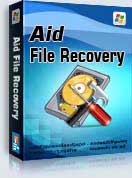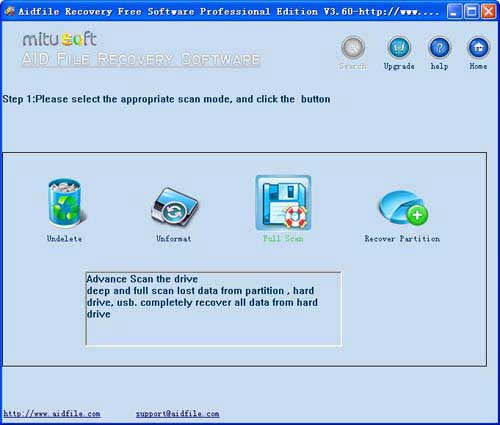M.2 SSD not showing up in BIOS repair tool fix to do data recovery, best file Recovery software help you recover MS word,excel, pictures, music, video files from M.2 SSD not showing up in BIOS
Use "unformat" to recover formatted drive for "M.2 SSD not showing up in BIOS" after quick format,full format,accidentally formatted,reformatting,High-level formatting,Low-level formatting.
Use "recover partition" to recover files - M.2 SSD not showing up in BIOS partition,lost partition,changed ,damaged partition.And if the size or position of partition is changed by format,It can not recover with "unformat"so you can use "recover partition"mode.
Use "undelete" to recover deleted files - M.2 SSD not showing up in BIOS after Virus attack,Recycle bin clear,disk cleanup,Press shift del by mistake,permanently empty recycle bin,shift delete ,accidentally deleted by a mistake.
Use "Full Scan" to recover data - M.2 SSD not showing up in BIOS which can not be found with "undelete" and "unformat" and "recover partition",after showing an error,display as raw file system,unformatted,unknown partition,unpartitioned,needs to be formatted,or the file system is not exfat,not fat32,not ntfs.
" M.2 SSD not showing up in BIOS", I've assembled my new system last week, but I couldn't see my Samsung Pro SSDs in BIOS, no matter what I did, I couldn't figure this out, even after talking to Asus support and digging up internet for the last 4 days. Would anyone be so kind to help me out with this? CPU: 5930k MB: Asus X99-Deluxe
Aidfile Recovery Software Keyfeature
support FAT32 EXFAT NTFS and RAW file system
support Win32 (32 bits) and Win64 (64 bits)
Support Windows XP, Windows 8, Windows 8.1,Windows Vista, Windows 2003, 2008, 2012,Windows 10,Windows 7 .
Desktop & laptops Ultrabook:HP Pavilion,HP Compa,Alienware Alpha,Lenovo ThinkCentre,Lenovo IdeaCentre,Dell Inspiron,Dell XPS,Sony VAIO,Acer Aspire,Asus Transformer,Dell Latitude,Samsung Ativ Book,Asus VivoBook,HP Envy,Lenovo IBM ThinkPad,Lenovo IdeaPad Yoga,Microsoft Surface,Toshiba Satellite
MS Office document (Word, Excel, PowerPoint, Outlook) types (doc, docx, ppt, pptx, xls, xlsx, pst, etc.),photos (JPG, PNG, ICON, TIF, BMP, RAF, CR2, etc.), videos and audios (MPG, MP4, MP3, MTS, M2TS, 3GP, AVI, MOV, RM, RMVB, etc.), compressed files (rar, zip, etc.), PE files (exe, dll, lib, etc.) and so on.

